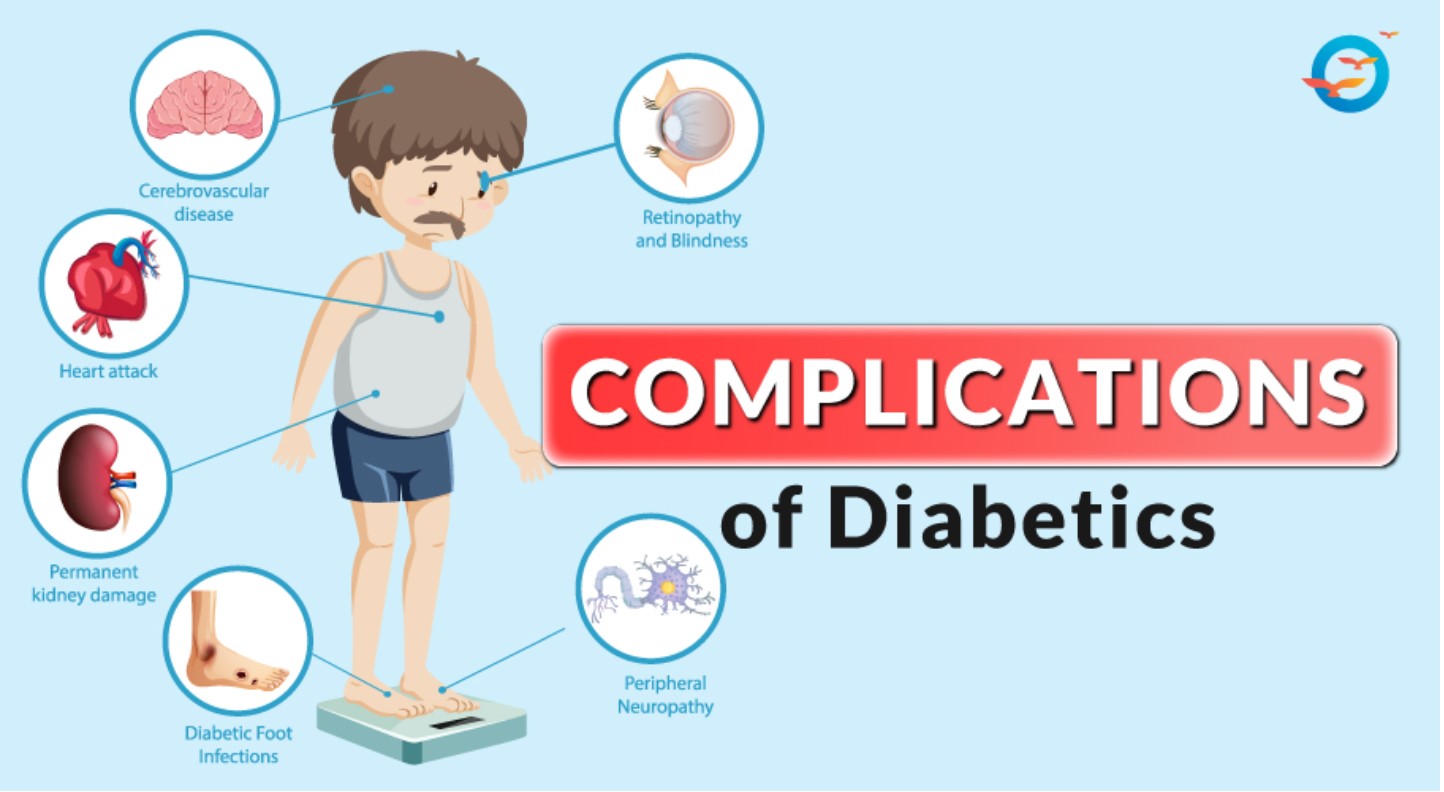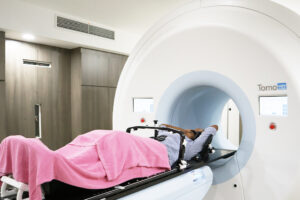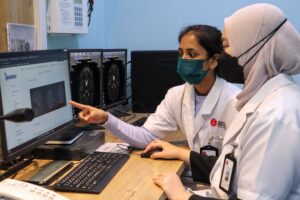What potential complications can arise from diabetes mellitus, and how can we best prevent or manage them?
Diabetes Mellitus can lead to cardiovascular disease, chronic kidney disease, and proliferative diabetic retinopathy (growth of new blood vessels in the retina) which can lead to blindness, stroke, and peripheral vascular disease.
These complications arise from poorly controlled diabetes. Thus, it is vital for early diagnosis, aggressive treatment, and individualised treatment for each patient.

What lifestyle factors can increase the risk of type 2 diabetes mellitus, and what are some practical ways Malaysians can lower this risk?
Malaysians in general have a sedentary lifestyle and coupled with unhealthy habits of smoking, alcohol consumption, and an imbalanced diet, these contribute to obesity and potentially lead to an increased risk of Type 2 Diabetes Mellitus.
According to our recent National Health and Morbidity Survey (NHMS) 2019, 1 in 5 adult Malaysians are diabetic. Due to this high prevalence, awareness needs to be heightened amongst our population.
Alteration of a diet that comprises a low glycaemic index and low-caloric food would be a huge step in curbing obesity and diabetes. I am happy that there are an increasing number of restaurants with “healthy menus” with approximate calories stated in their menu. Whilst a lot of people may not be aware of a healthy diet and calorie counting, perhaps we should encourage the enforcement of regular health check-ups and seminars on healthy lifestyles and diets at workplaces.
Secondly, the culture of exercising can be inculcated at the workplace by encouraging collective exercises either before work, at lunchtime, or after work. This, I believe, will create a huge difference and impact on building a community that strives towards a healthy lifestyle. These are some of the small yet progressive steps toward building a healthier life for Malaysians.

What are some effective lifestyle changes that can help Malaysians from all walks of life manage diabetes mellitus and improve their overall well-being?
As mentioned earlier, the alteration of a diet that comprises a low glycaemic index and low-caloric food would be a huge step in curbing obesity and diabetes. I am happy that there are an increasing number of restaurants with “healthy menus” with approximate calories stated in their menu. While a lot of people may not be aware of a healthy diet and calorie counting, perhaps we should encourage the enforcement of regular health check-ups and seminars on healthy lifestyles and diets at workplaces.
How can Malaysians, young and the elderly, incorporate practical diabetes management into our daily lives without feeling overwhelmed, ensuring a balanced and enjoyable lifestyle?
First of all, Malaysians need to have adequate knowledge about their health condition. The diagnosis and management of diabetes should be a “two-way commitment” between the doctor and the patient. Many times, patients do not have adequate knowledge about their health problems. When one does not understand diabetes, it is difficult for an individual to make necessary lifestyle adjustments and manage their health.
Towards this, healthcare providers should play a pivotal role in empowering patients with knowledge of diabetes and offer individualised methods to combat and manage their diabetes. However, for this to succeed, a strong rapport between the healthcare provider and patient needs to be established, which may be difficult in an overwhelmed healthcare setting. Nevertheless, we should try our best to provide the best care for each patient.
by Dr Lim Sue Wen, Consultant Endocrinologist & Physician
Note: Part 3 to be continued next month.





